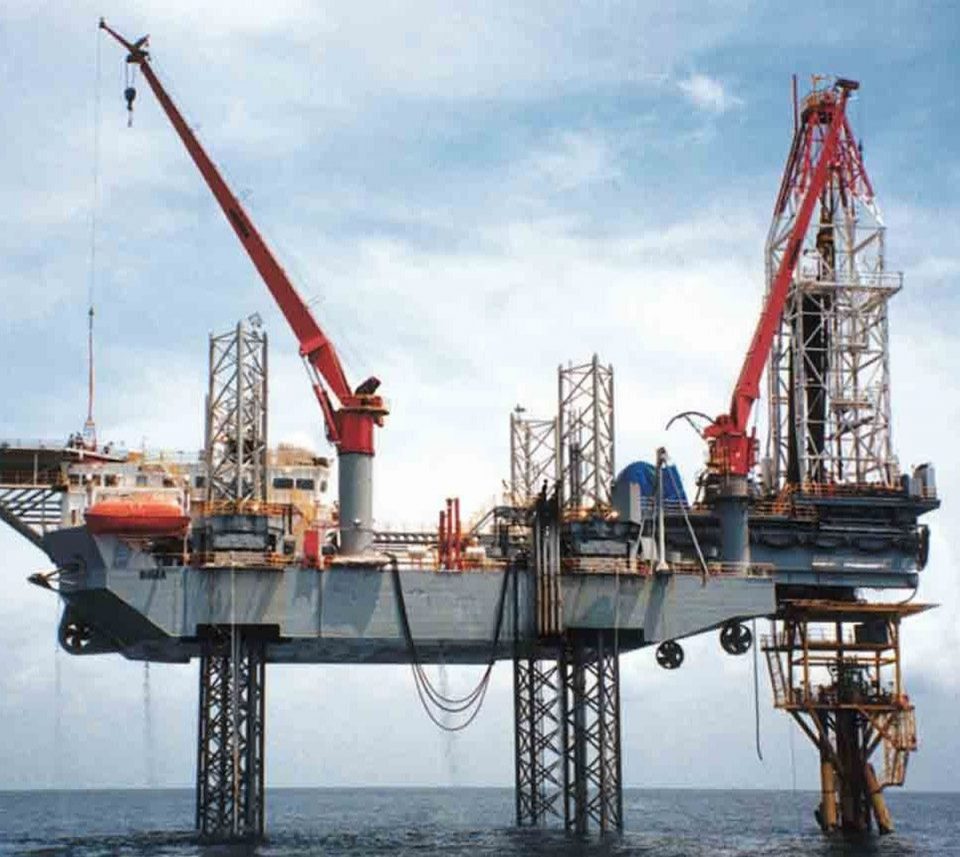The International Monetary Fund has listed measures Nigeria and other oil-producing economies need to put in place to resolve their low crude oil production challenges.
Disclosing this in its April 2023 World Economic Outlook with the theme “A Rocky Recovery”, the IMF said that countries that produce fossil fuels need structural adjustment in order to manage the impact of declines in fossil fuel production.
The fund also said that countries at risk of declining fossil fuel output also need to improve public finances and the quality of their institutions, diversify their economies, set up sovereign wealth funds, and facilitate the reallocation of production factors.
It also suggested that such countries needed to take the following action steps such as ameliorating the business environment to attract investment in new, productive, higher-value-added sectors, modernising infrastructure and attracting foreign direct investment in research and development, and improving the human capital stock of the labour force by investing in education.
The report read in part, “The pace and direction of the clean energy transition as well as the price outlook depend on the policy mix. This creates great uncertainty in countries that produce fossil fuels. If fossil fuel prices decline because of a climate policy mix that works mostly through the demand side, high-cost producers will need to shut down production.
“If those prices instead rise based on a climate policy mix that relies on supply cuts, local production declines will depend on domestic policy decisions. Climate policy certainty, at the country and global levels, could make adjustments more predictable and less costly.”
Data from the Nigerian Upstream Petroleum Regulatory Commission revealed that Nigeria recorded 1.26 million barrels per day of crude oil production, produced 63,756 blended condensates and 185,469 unblended condensates, making a total of 1,517,426 in March 2023.
This is the first dip in the country’s crude production in 2023 from 1.3 million barrels per day recorded in January and February.
Crude oil theft, lack of investments, and the transition to renewable energy are some of the factors that have been responsible for Nigeria’s inability to increase oil production significantly.
A professor of Economics and Public Policy at the University of Uyo, Akwa Ibom State, Akpan Ekpo, had in an interview with The PUNCH said despite crude oil retaining 80 per cent of the total trade, Nigeria needs to diversify as oil revenue was no longer reliable.


previous post


